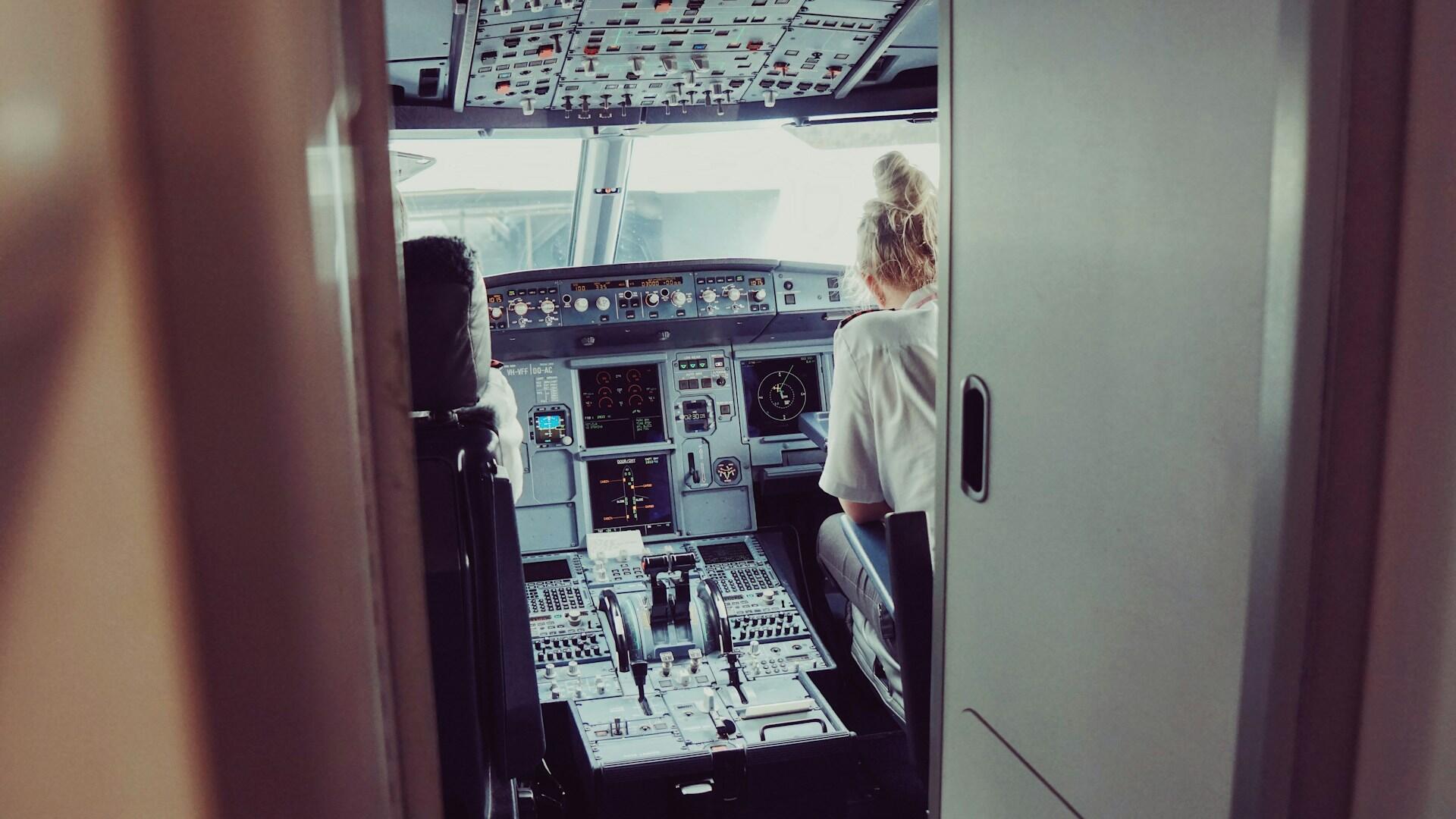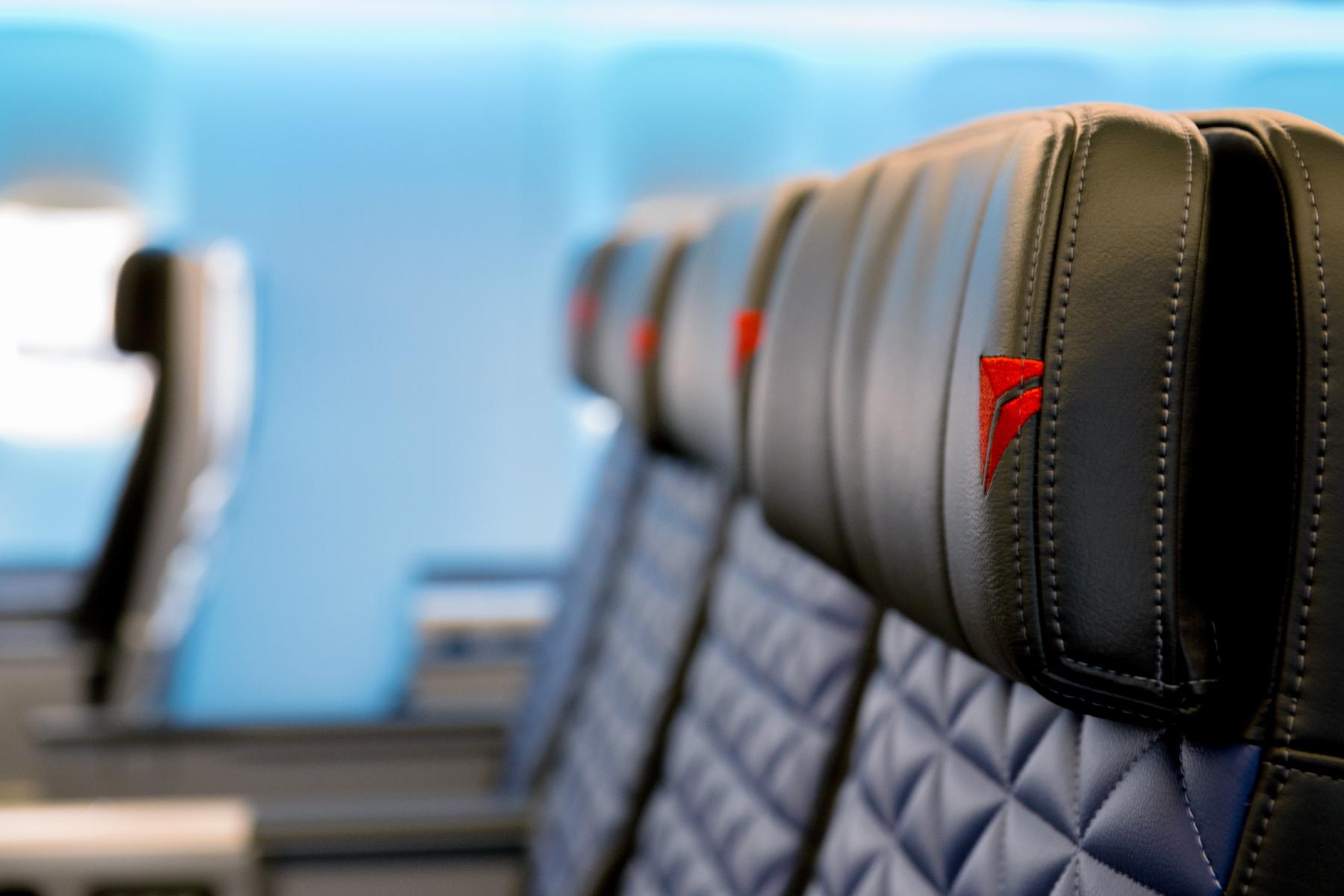The passenger believes Delta targeted her because she was not wearing a bra under her t-shirt.
ADelta Air Lines passenger has retained civil rights attorney Gloria Allred after she claims she was “targeted and humiliated” onboard one of the airline’s flights in January. Allred and the passenger held a press conference to discuss the issue Thursday.
Lisa Archbold was booked to fly Delta from Salt Lake City to San Francisco on January 22. After boarding was complete, she says she was approached by a Delta employee who loudly demanded that she step off the aircraft to speak with her privately. Once off the aircraft, the employee told her that her outfit was “revealing” and “offensive” and that she needed to cover up to be allowed to remain on the flight.
Archbold complied with the employee’s request, and put a jacket on over the white t-shirt she was wearing. The flight continued to San Francisco, but when Archbold raised the issue with the passengers sitting next to her, they agreed that the employee was “out of line.” When she reported the incident to the flight leader at the end of the flight, he told her that “women must cover up” and that an official report was made, although it was unclear at the time whether the report concerned her attire or the way the situation was handled.
Recommended Fodor’s Video
She also submitted a complaint to Delta on their website following the flight. Delta responded, with an apology for the “frustrating situation,” but they said they could not conclude that there was any discriminatory intent, but shared that they would handle the matter internally.
In a letter to Delta management, Allred described the way Archbold was treated as “bizarre, harassing, embarrassing, discriminatory, and unnecessary.” Although the Delta employee Archbold spoke with did not specify how her attire was revealing or offensive, Archbold has said she believes it was because she was not wearing a bra under the t-shirt.
It’s worth noting that airline passenger cabins are in a middle ground between public and private property. Technically, the aircraft are the private property of the airline that operates them. But the aircraft are also certified as a means of public conveyance, so airlines are subject to certain federal laws regarding public accommodation. To remedy this, airline contracts of carriage outline when and for which reasons they can deny boarding to passengers.
In Delta’s case, their contract of carriage allows the airline to deny boarding “When the passenger’s conduct, attire, hygiene or odor creates an unreasonable risk of offense or annoyance to other passengers.”
It’s unclear whether the conversation onboard was the result of a passenger complaint. Allred’s letter mentions that Archbold reported having been treated with hostility by another Delta gate agent when she asked about a seating change before boarding the flight.
Allred notes Delta’s lack of clear guidelines in her letter: “Delta’s current policy, which is highly subjective, has been applied in a discriminatory manner and resulted in disparate treatment and harassment of passengers like Ms. Archbold. The policy should be revised in a way that considers gender equity and does not result in increased burdens on women. Male passengers are not required to cover up their T-shirts with a shirt or jacket. They also do not have to wear a bra to board or remain on a plane, and women should not have to wear one either.”
Archbold points out there were men on the flight with larger chests than her, and they were not asked by employees to cover their t-shirts with a jacket. Allred has requested a meeting with Delta management to “discuss a constructive policy and practice solution.”
Archbold has not yet filed suit against the airline.




